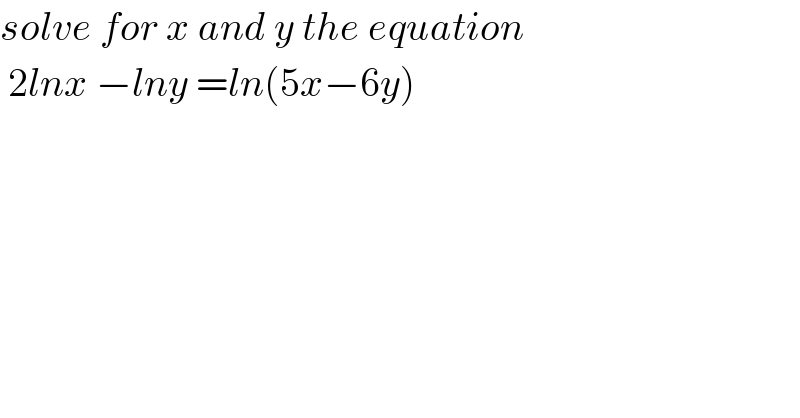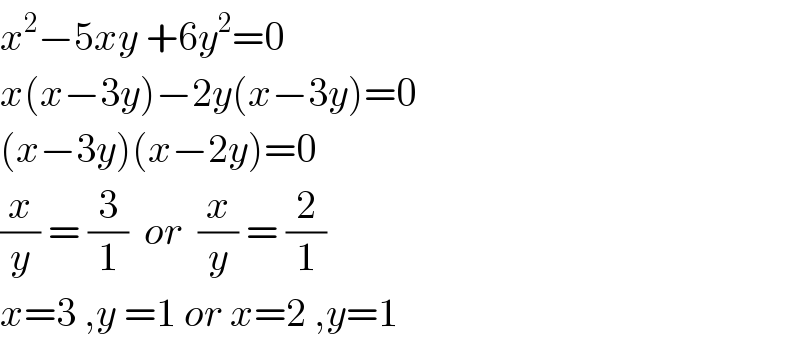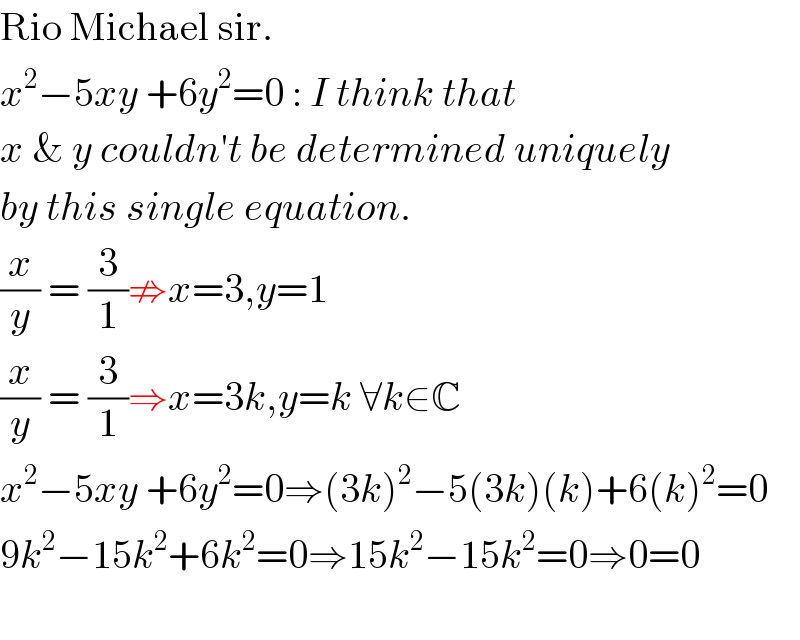
Question and Answers Forum
Question Number 68899 by Rio Michael last updated on 16/Sep/19

Commented by kaivan.ahmadi last updated on 16/Sep/19

Commented by Rio Michael last updated on 16/Sep/19

Commented by kaivan.ahmadi last updated on 16/Sep/19

Commented by Rio Michael last updated on 16/Sep/19

Commented by kaivan.ahmadi last updated on 16/Sep/19

Commented by Rio Michael last updated on 16/Sep/19

Commented by Rasheed.Sindhi last updated on 17/Sep/19

Commented by kaivan.ahmadi last updated on 17/Sep/19

Commented by Rio Michael last updated on 21/Sep/19

